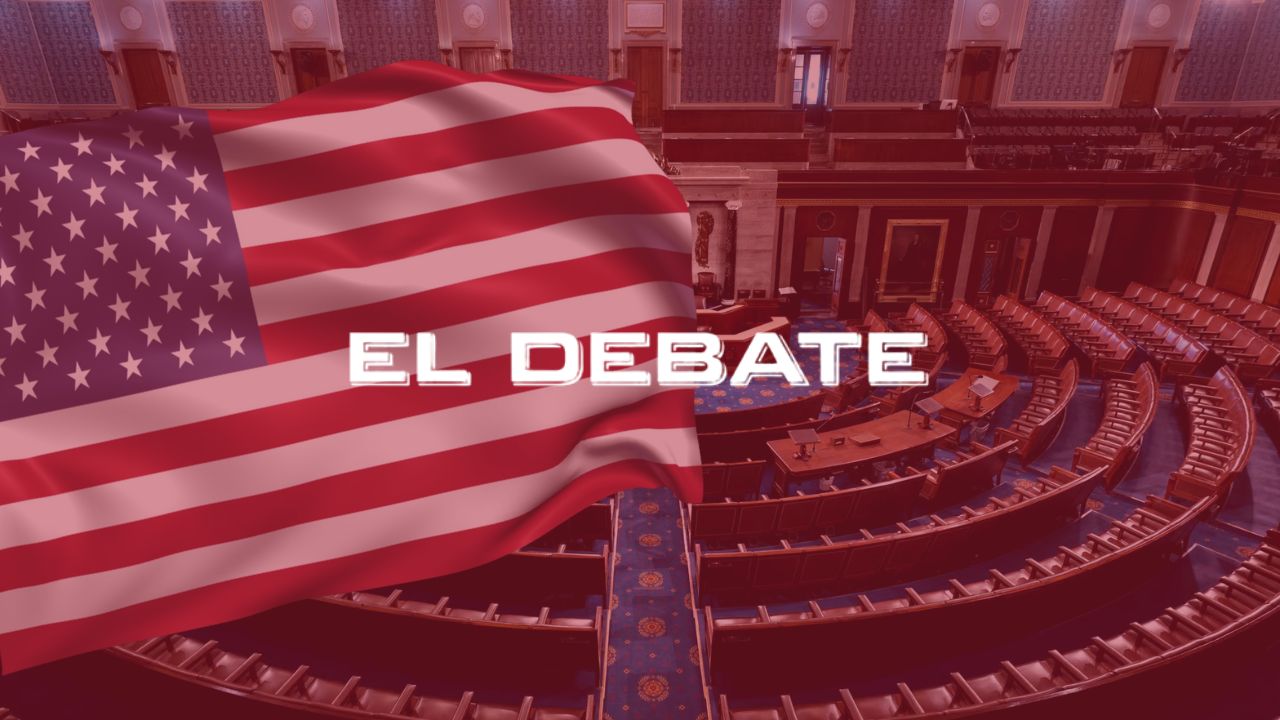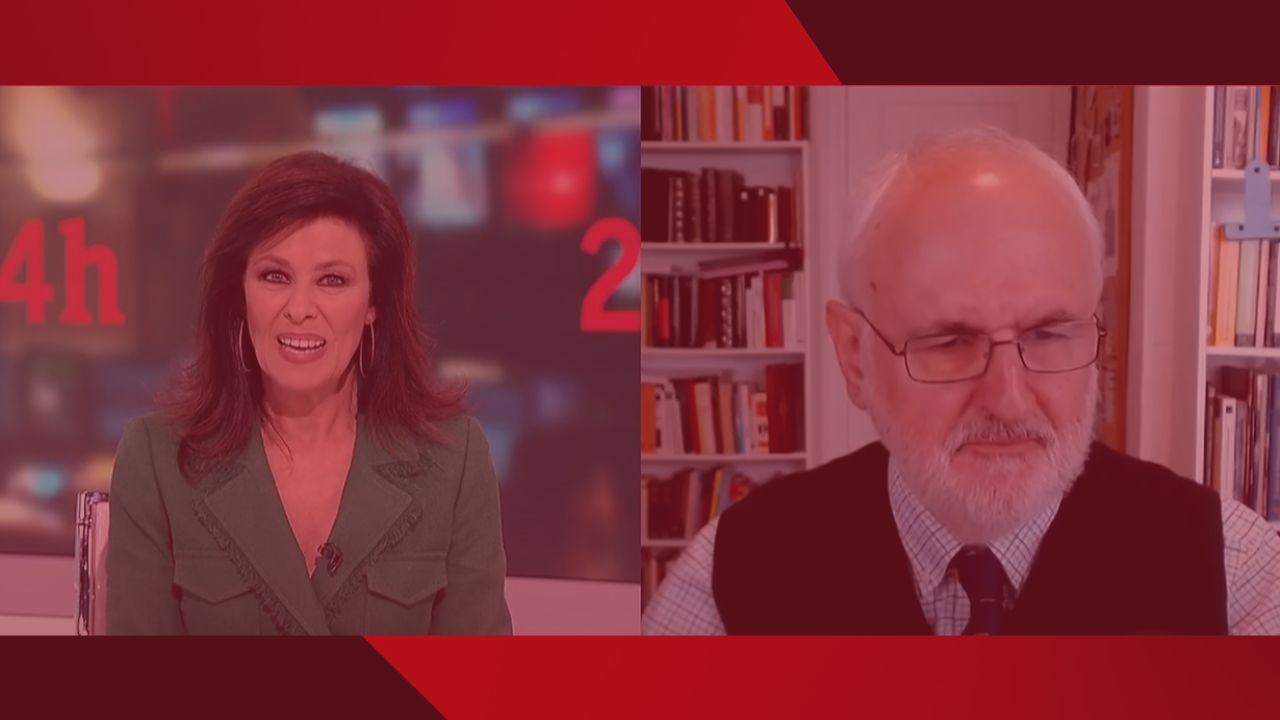Trump is either aggressively loved or hated in the United States — and he strategizes accordingly. He caters to his base of die-hard Republicans throughout the Midwest and South, a rural population far away from the cosmopolitan hubs of New York and Los Angeles. This conservative demographic has felt voiceless in the political sphere and finds comfort in Trump’s blunt approach toC discourse. While most politicians hide under layers of diplomatic dialogue, Trump tweets out insults and controversial statements. Midwestern voters also feel that their individual rights are finally being acknowledged, and they gladly support a leader who does not cower to political correctness.
Despite the fact that Trump lost the popular vote to Hilary Clinton during the 2016 election, he won through the electoral vote which is determined by the states’ republican representation in Congress as opposed to direct democracy by a simple number of votes. The Electoral College gives more rural states, like in the Midwest, an equal footing to counter more liberal states like New York and California, which would otherwise dominate all elections. The electoral college prevents states from becoming mere extensions of the centralized government [1]. Through this system, Trump’s base is able to wield substantial electoral power. It is doubtful that this rural Trumpian voting block will corrode; the fans have proved their loyalty in exhibitions of fierce tribalism. Therefore, the real concern for Trump’s reelection campaign is whether he will rouse sufficient support from moderate voters in the swing states such as Arizona, Florida, and Maine, as he did in 2016.
Trump primary campaign tactic has been to arouse hate towards the Left. “The president’s allies say that his talent is in scorching the opposition, and he is unlikely to deviate much from that task,” commented Newt Gringrich, a former Speaker of the House of Representatives. “His primary focus is to so thoroughly define Democrats as the party of the radical left. I think that matters much more to him than any particular bill.” [2]
Trump’s campaign slogan has changed from “Make America Great Again” to “Keep America Great,” but when asked what he hoped to achieve in a second term, he did not articulate a single goal [3]. Instead, he attacked current presidential candidate Senator Joe Biden, calling him a “dummy” and a “loser” that was picked “off the trash heap” by Obama, among other childish insults mocking Biden’s mental and physical health [4].
Trump’s derogatory treatment of opposition is part of his presidential identity. His own niece, Mary Trump, is working to release a tell-all book that allegedly offers a scathing portrait of her uncle— narcissistic, misogynistic, and deceitful — and even accuses him of cheating his way into college by paying someone to take his high school exams [5]. According to Ms. Trump, his noted amoral character is the result of his upbringing in an unstable home. The manner in which Trump approaches his political opponents — loud, arrogant, derisive — has earned him the hatred of many Americans.
Trump gains popularity among the far-right, but his allegiance to the Republican Party has not been constant; he voted democrat for more than eight years in the 2000’s, leading some to doubt the veracity of his 2016 Republican campaign [6]. In fact, he has changed his party affiliation five times since 1987. Throughout the last four years, he has shifted his stance on various issues, aligning most faithfully with nationalism/protectionism. He supports eminent domain — taking of private property by the government for public purposes — which is unpopular with conservatives [7]. He has also changed various statements regarding immigration. One of his major 2016 campaign promises was to deport all illegal immigrants and build a wall on the Mexican border which would be funded by Mexico. He now acknowledges the idea of a future “pathway to citizenship” for illegal immigrants, and still hopes to build the aforementioned wall but paid for by the American government instead with hope of future reimbursement [8].
Trump’s re-election strategy of provoking hate towards his opponent is not without merit because he does offer an alternative to the radical Left. Although a nationalist, he is not a socialist; and although many of his actions may not reflect presidential behavior, he does promote many important American freedoms such as Second Amendment rights. However, looking to a figure such as Trump as a “voice for the voiceless” is a dangerous practice of tribalism. Freedom rests upon an individual’s ability to evaluate and discern between policies that politicians promote, and any unrestrained devotion to a single person, especially one who has proven himself to be unreliable, could have serious repercussions. Politicians should be held accountable for their actions even by their most loyal voting base.
Economic growth was on the rise pre-coronavirus, but rebuilding the economy afterwards will require an initiative that Trump ought to demonstrate during his campaign, instead of attacking his opponent. So far, several recent polls reveal that Trump has lost popularity, with Biden leading 50% to 38% [9]. On June 20, 2020, President Trump stood to speak at a MAGA rally in Tulsa, Oklahoma and faced a shockingly small audience: only 6,200 people showed up to the event even though more than 1 million had registered to attend. Trump’s lack of leadership during the pandemic has led to frustration, and many of the moderate voters who had previously voted for Trump are now withdrawing their support. The outcome of the election remains to be seen, as moderate and undecided voters weigh the pros and cons: a socialist, progressive president and a more centralized government, or a conservative, nationalist, unreliable president? Such an election offers a bleak view of the future, but nevertheless it is an American duty and privilege to analyze the facts and vote according to conscience.
[1] Guelzo, Allen. 2018. “In Defense of the Electoral College,” National Affairs. https://www.nationalaffairs.com/publications/detail/in-defense-of-the-electoral-college.
[2] Martin, Jonathan and Maggie Haberman. 2019. “Trump Relies on Populist Language but He Mostly Sides with Corporate Interests,” New York Times. https://www.nytimes.com/2019/07/23/us/politics/trump-working-class.html.
[3] Liptak, Kevin. 2020. “What is Trump’s Second Term Agenda? He Can’t Say,” CNN Politics. https://www.cnn.com/2020/06/26/politics/donald-trump-second-term/index.html.
[4] Oprysko, Caitlin. 2019. “Trump Goes Low in his Insults about Biden,” Politico. https://www.politico.com/story/2019/06/11/donald-trump-joe-biden-mentally-weak-1360055.
[5] Pengelly Mark. 2020. “Mary Trump’s Book: Eight of its Most Shocking Claims about the President,” The Guardian. https://www.theguardian.com/us-news/2020/jul/07/donald-trump-mary-niece-book-eight-most-shocking-claims.
[6] Murse, Tom. 2020. “Was Donald Trump a Democrat?” ThoughtCo. https://www.thoughtco.com/was-donald-trump-a-democrat-3367571.
[7] Coaston, Jane. 2019. “Eminent Domain, the Big-Government Tactic Trump Needs to Use to Build the Wall, Explained,” Vox. https://www.vox.com/policy-and-politics/2019/1/18/18176893/eminent-domain-trump-border-wall-gop.
[8] Timm, Jane. 2016. “The 141 Stances Trump Took During his White House Bid,” NBC News. https://www.nbcnews.com/politics/2016-election/full-list-donald-trump-s-rapidly-changing-policy-positions-n547801.
[9] RealClearPolitics. 2020. “Latest 2020 National Presidential Election Polls.” https://www.realclearpolitics.com/epolls/latest_polls/national_president/.






